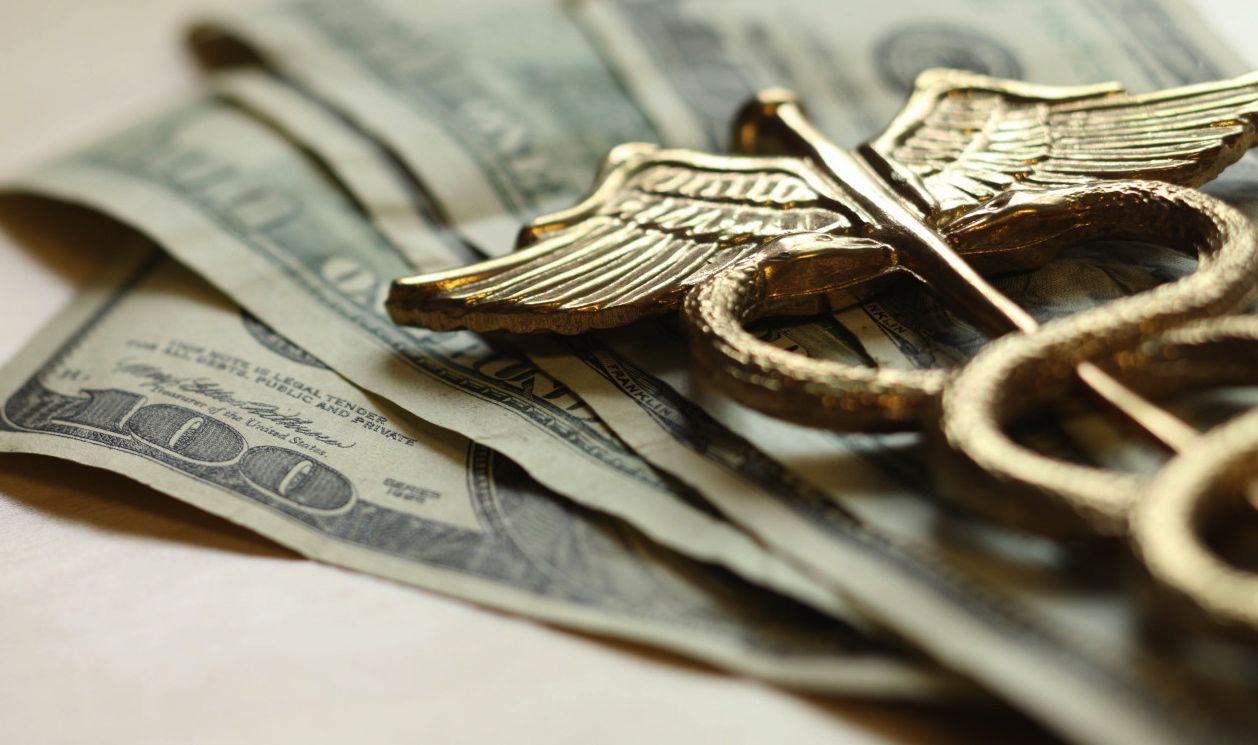Ron Paul: The Right Lessons From Obamacare’s Meltdown
AMERICA NEEDS A TRUE MARKETPLACE … || By RON PAUL || The decision of several major insuranceYou must Subscribe or log in to read the rest of this content.
AMERICA NEEDS A TRUE MARKETPLACE …
|| By RON PAUL || The decision of several major insurance
